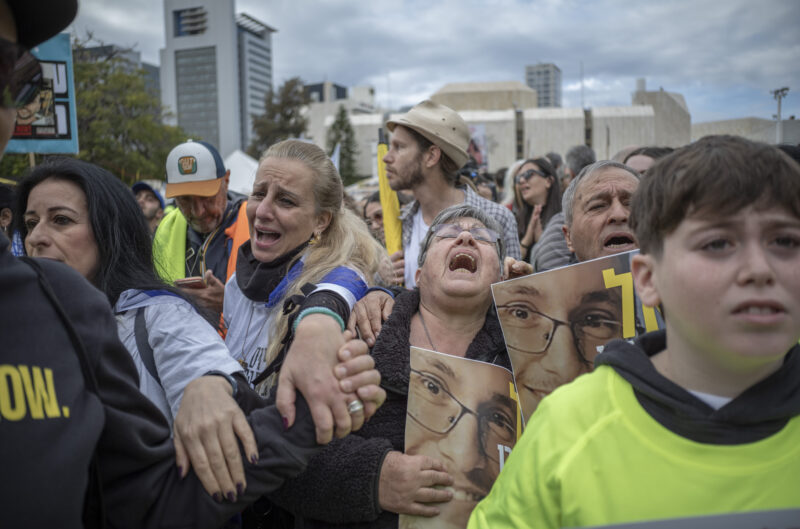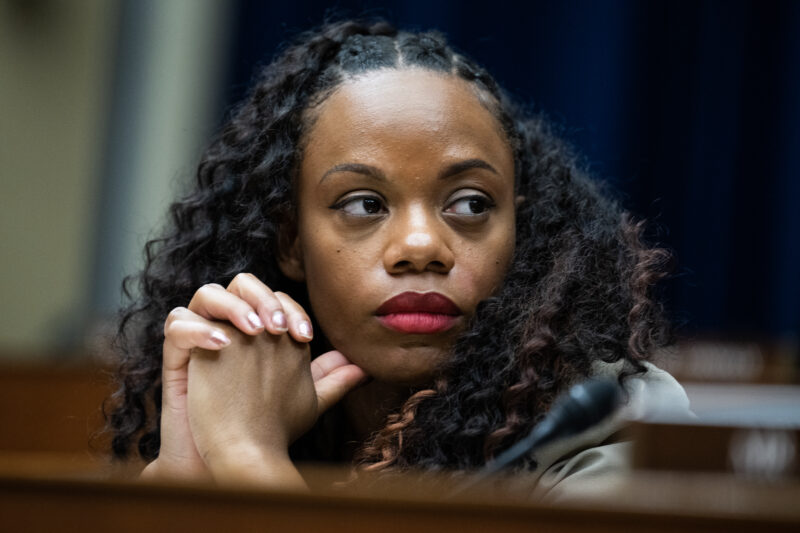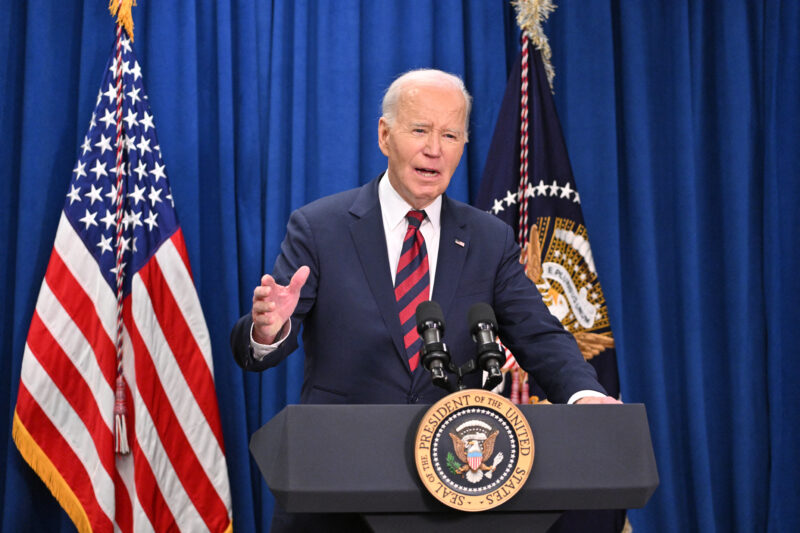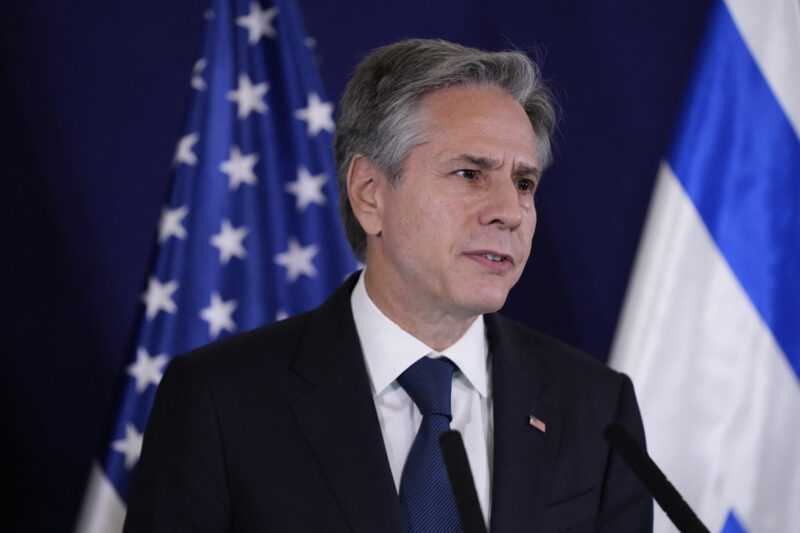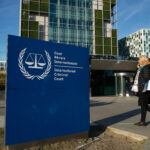Jewish leaders: Harvard’s reversal of protester suspensions will lead to more antisemitism
The Ivy League school diluted the punishment for anti-Israel activists who broke campus rules

JOSEPH PREZIOSO/AFP via Getty Images
Tents and signs fill Harvard Yard in the pro-Palestinian encampment at Harvard University in Cambridge, Massachusetts, on May 5, 2024.
Harvard’s decision on Tuesday to reverse the suspensions of five students for participating in the illegal anti-Israel encampments earlier this year on the Cambridge, Mass., campus was met with “disappointment” by two leaders of Harvard’s Jewish community.
“I’m disappointed in this action. I’ve heard the phrase ‘no good deed goes unpunished’ but it seems in this case that no good deed goes unreversed,” Rabbi David Wolpe, a visiting scholar at Harvard’s Divinity School who stepped down from Harvard’s antisemitism advisory committee after a short stint, told Jewish Insider. “Punishment is a lesson — reversing it is a permission.”
Rabbi Hirschy Zarchi, who leads Chabad on Harvard’s campus, said the reversal was “revealing and deeply disturbing.” Zarchi added that it’s “sadly clear” the move will embolden anti-Israel demonstrators.
That may have already taken place, judging by a joint Instagram post from the Palestine Solidarity Committee, Harvard Out of Occupied Palestine and the African and African American Resistance Organization. “After sustained student and faculty organizing, Harvard has caved in, showing that student intifada will always prevail,” the groups wrote on Wednesday.
The suspensions and other disciplinary charges — which included the withholding of degrees for 13 seniors because of their involvement in the encampment — were initially announced in late May ahead of graduation. Hundreds of students and faculty members walked out of Harvard’s commencement ceremony in solidarity with the punished students.
According to the Harvard Crimson, the university informed students on Tuesday of their updated disciplinary charges, which saw the suspensions downgraded to probations of varying lengths and came as a result of the Faculty Council’s criticism of how the Harvard College Administrative Board dealt with the cases.
The most severe probation charge will last for just one semester, a drastic change from the initial punishments that required at least one student to withdraw from Harvard for three semesters. Some students who were initially placed on probation in May also had the length of their probations shortened.
A Harvard spokesperson told JI that the university does not comment on individual disciplinary cases. According to the policy outlined in the Harvard College Student Handbook, students in the disciplinary process who seek to challenge the outcome have two options: “reconsideration,” which is adjudicated by the administrative board and is for new and relevant information that was not initially made available; or “appeals,” which is adjudicated by the Faculty Council.
According to the handbook, “appeals” is for situations where the Administrative Board or Honor Council made a procedural error that may impact the disciplinary decision or when the punishment was determined to be inconsistent or inappropriate compared to past sanctions.
Wolpe, along with other Harvard Jewish leaders and alumni, expressed disappointment to JI last month as well, when a six-page set of preliminary recommendations released by the university task force focused on combating antisemitism at the school fell short of their expectations.




